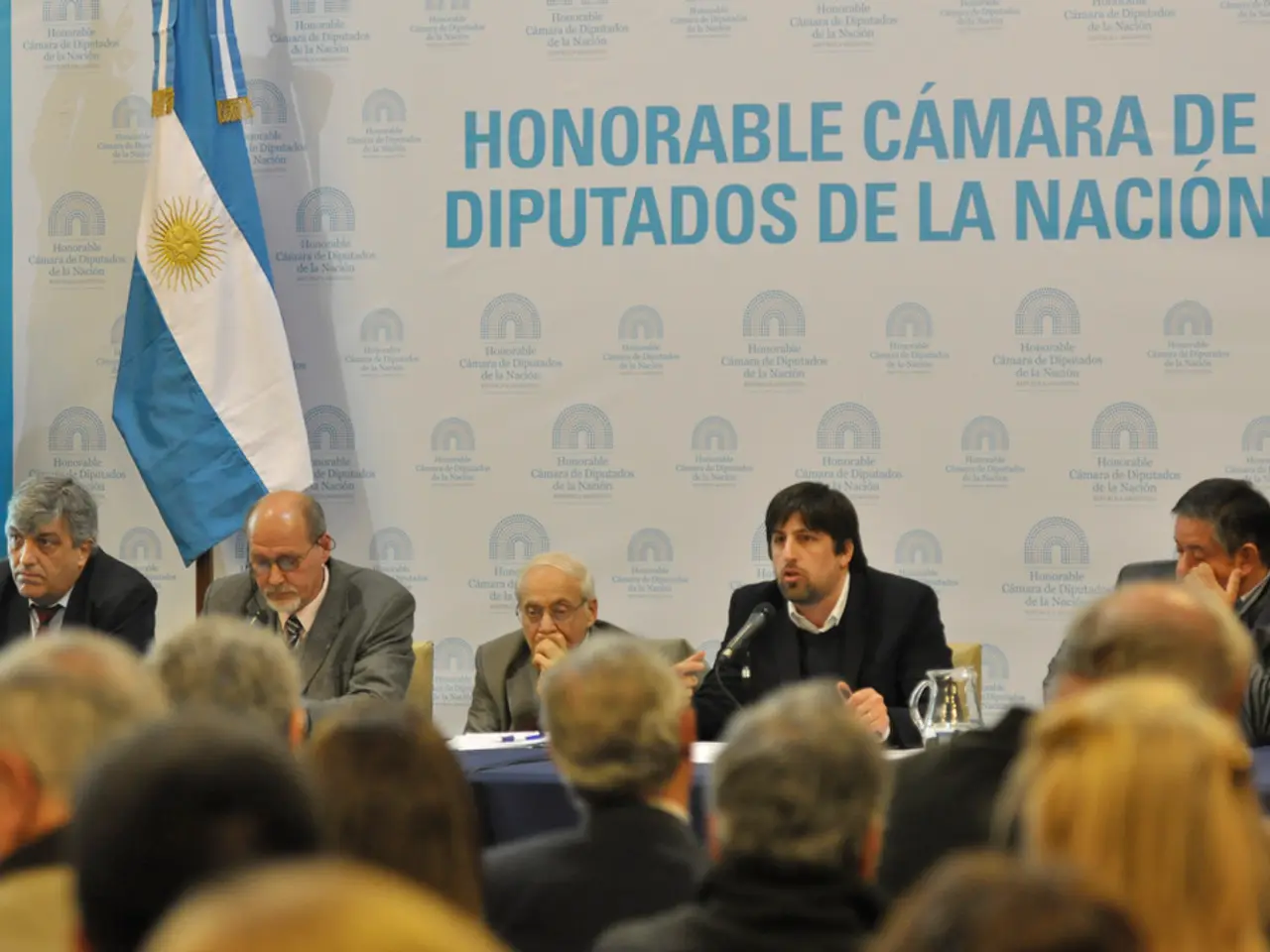Mourning for Brazilian Photographer Sebastião Salgado: Monumental Legacy Dies at 81 Years Old
Renowned Brazilian Photographer Sebastião Salgado Passes Away at 81
Brazilian photographer Sebastião Salgado, celebrated for his visually striking and emotionally compelling black-and-white images of nature and humanity, died on May 23, 2025, at the age of 81 in Paris. According to his family, the cause of death was leukemia.
Locally, media outlets reported that Salgado passed away in Paris, where he had resided for more than five decades. Known for his evocative images, Salgado often captured powerful scenes in impoverished communities, particularly in the Amazon and Africa. He had recently been grappling with unspecified health issues.
In a statement, Salgado's family shared that he had contracted a specific form of malaria in 2010 while working in Indonesia on the "Genesis" project. Fifteen years later, complications stemming from this illness developed into a severe form of leukemia, which ultimately claimed his life.
The Instituto Terra, an environmental foundation co-founded by Salgado and his wife Lelia Wanick Salgado, announced his passing and honored his commitment to revealing the world's contradictions through his lens. Laurent Petitgirard, secretary of the French Academy of Fine Arts, of which Salgado was a member, praised his colleague as remarkable for his moral integrity, charisma, and dedication to art.
Salgado's most notable works include the "Amazonia," "Workers" ( depicting manual labor around the world), and "Exodus" (also known as "Migrations" or "Sahel"), which documents people in motion, such as refugees and slum dwellers. Salgado documented his life and work in the 2014 documentary "The Salt of the Earth," which was co-directed by filmmaker Wim Wenders and his son Juliano Ribeiro Salgado. The film was nominated for an Academy Award for Best Documentary in 2015.
Throughout his career, Salgado maintained that he was simply a photographer. In 1969, he moved to France as Brazil endured a military dictatorship, during which he actively opposed the regime. Salgado began dedicating himself to photography in Paris in 1973. His early professional work dates back to 1974, when he produced images for the agency Sygma. The following year, he documented the lives of farmers and indigenous peoples in Latin America for Gamma agency. In 1979, Salgado became a member of Magnum, a leading photography cooperative from which he later stepped down in 1994 to establish Amazonia Images, an agency that exclusively represented his work.
Brazilian President Luiz Inácio Lula da Silva, who received Salgado's support during his political career, held a silence ceremony in Brasilia's capital to honor "one of the greatest, if not the greatest, photographers that the world has ever produced." Salgado's life and work, which earned him numerous accolades and membership to the French Academy of Fine Arts in 2016, have left a lasting legacy in the world of photography.
[1] [2] [3] Reports revealed that Salgado's malaria and subsequent leukemia were closely linked, with the latter being a serious long-term consequence of the former. The malaria infection that he contracted during his groundbreaking photographic career significantly contributed to his eventual demise.
[1] Despite being known for his captivating images of nature and humanity, Salgado struggled with an unspecified health issue for several years, which turned out to be a severe form of leukemia, a complication that stemmed from a specific form of malaria he contracted in 2010 while working on his "Genesis" project.
[2] Lokal entertainment outlets suggested that Salgado's groundbreaking work, including his significant projects like the "Amazonia" and "Workers", could have been partly responsible for his health issues, as he contracted a malaria infection during his photographic career, which ultimately played a role in his demise.




